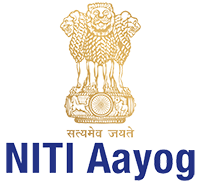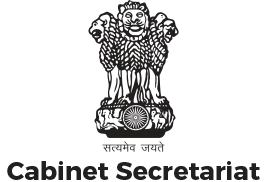







- Procedure and Guidelines for Engagement of Senior Consultants/Consultants Grade-2/Consultants Grade-I/ Young Professionals in NITI Aayog, 2023
- Inviting application for engagement of Consultants (Grade-I) and Young Professionals on contractual basis.
ABOUT
EAC-PM
Economic Advisory Council to the Prime Minister (EAC-PM) is an independent body constituted to give advice on economic and related issues to the Government of India, specifically to the Prime Minister. At present, there are a Chairman, 3 Full-Time Members and 11 Part-Time Members in the EAC-PM.
The composition of EAC-PM is as follows:
Sh. Sanjay Kumar Mishra
Sh. Sanjeev Sanyal
Dr. Shamika Ravi
Sh. Rakesh Mohan
Dr. Sajjid. Z. Chinoy
Sh. Neelkanth Mishra
Sh. Nilesh Shah
Prof. T. T. Ram Mohan
Dr. Soumya Kanti Ghosh
Prof. K. V. Raju
Prof. Chetan Ghate
Prof. Pami Dua
Prof. Pulak Ghosh
Sh. Gaurav Vallabh
The Terms of Reference of EAC-PM include analyzing any issue, economic or otherwise, referred to it by the Prime Minister and advising him thereon, addressing issues of macroeconomic importance and presenting views thereon to the Prime Minister. These could be either suo-motu or on reference from the Prime Minister or anyone else. They also include attending to any other task as may be desired by the Prime Minister from time to time.

Team
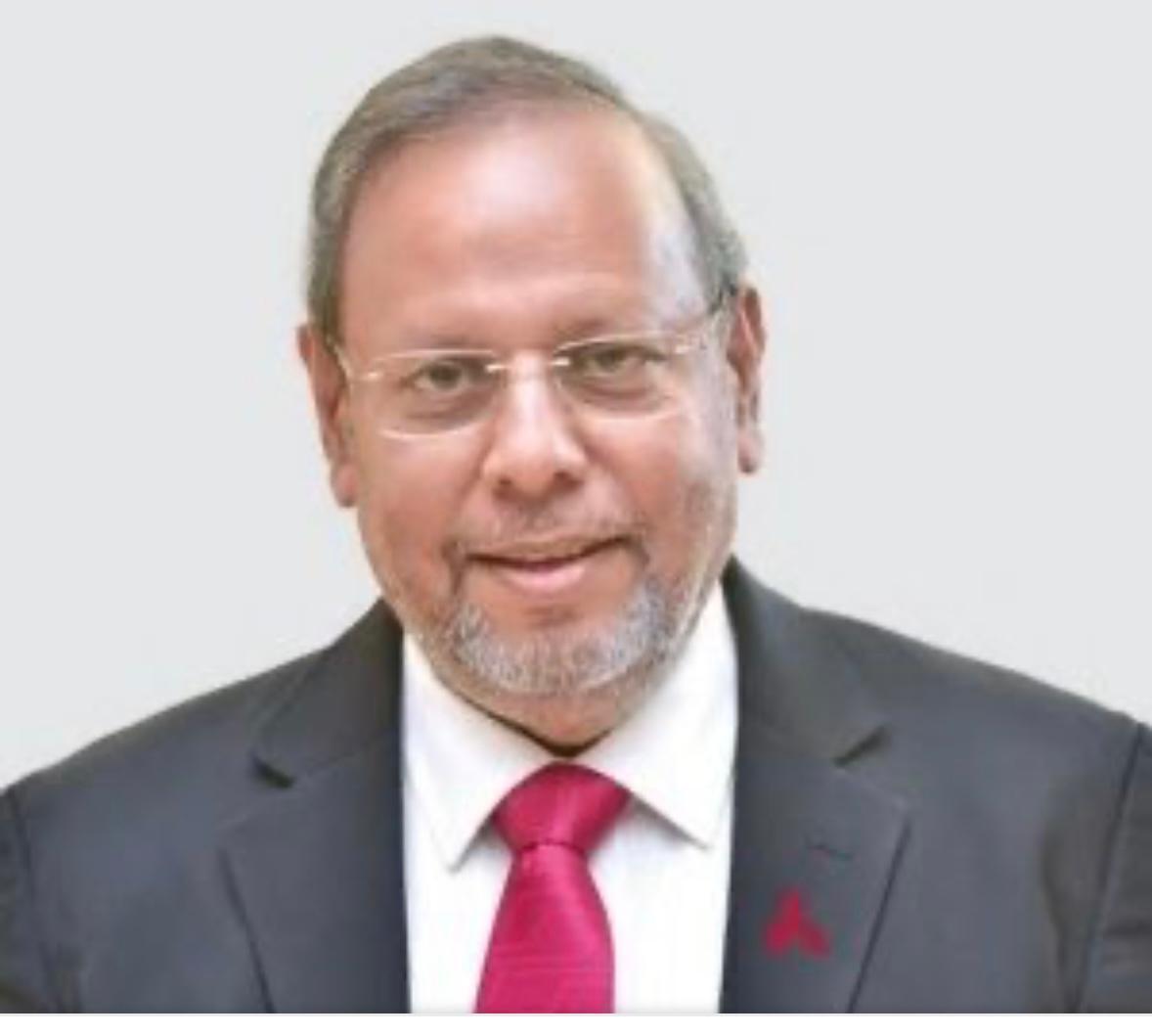
Prof. S. Mahendra Dev
Chairman

Shri Sanjeev Sanyal
Member
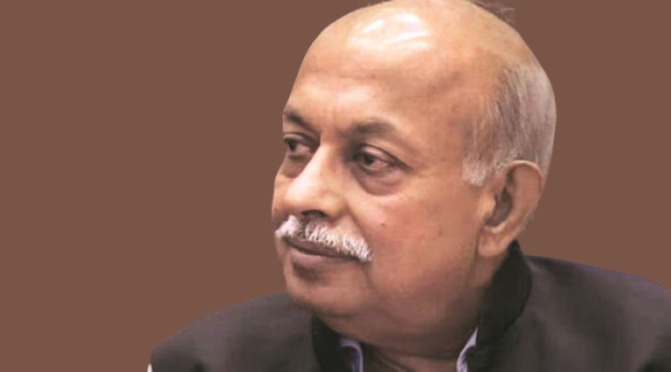
Shri Sanjay Kumar Mishra
Member
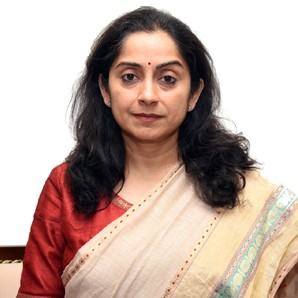
Dr. Shamika Ravi
Member

Dr. Rakesh Mohan
Part-Time Member

Dr. Sajjid Z. Chinoy
Part-Time Member

Shri Neelkant Mishra
Part-Time Member

Prof. Pulak Ghosh
Part-Time Member


Reports
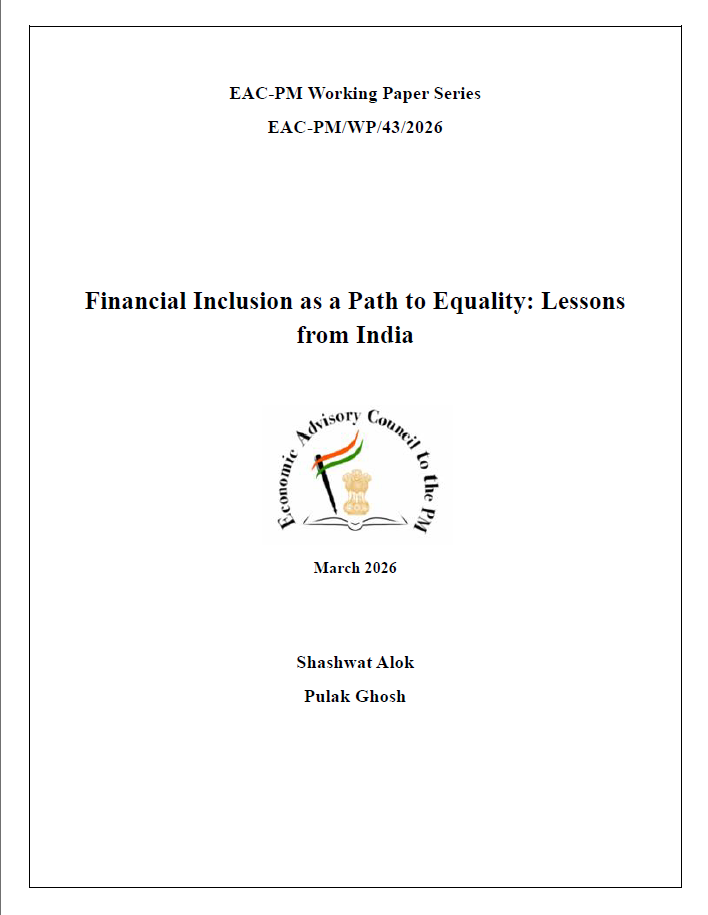
Financial Inclusion as a Path to Equality: Lessons from India
Financial inclusion represents a fundamental human rights imperative, linking economic access to dignity and opportunity. India’s decade-long journey toward universal financial inclusion offers crucial insights into how digital public infrastructure can overcome traditional barriers to financial access. Through the strategic deployment of the India Stack, comprising digital identity (Aadhaar), universal banking (Jan Dhan Yojana), and interoperable payments (UPI), India has demonstrated that financial inclusion at scale is achievable when governments create foundational infrastructure that reduces transaction costs and enables market innovation. This article examines how complementary interventions in savings, insurance, and credit create synergies exceeding their individual impacts, while acknowledging critical concerns about credit quality, sustainability, and the risk of overindebtedness. The evidence suggests that while India has made remarkable progress in expanding financial access, questions remain about whether this credit expansion leads to productive investment or consumption, and whether current lending practices are creating sustainable pathways out of poverty or new forms of debt dependency.
View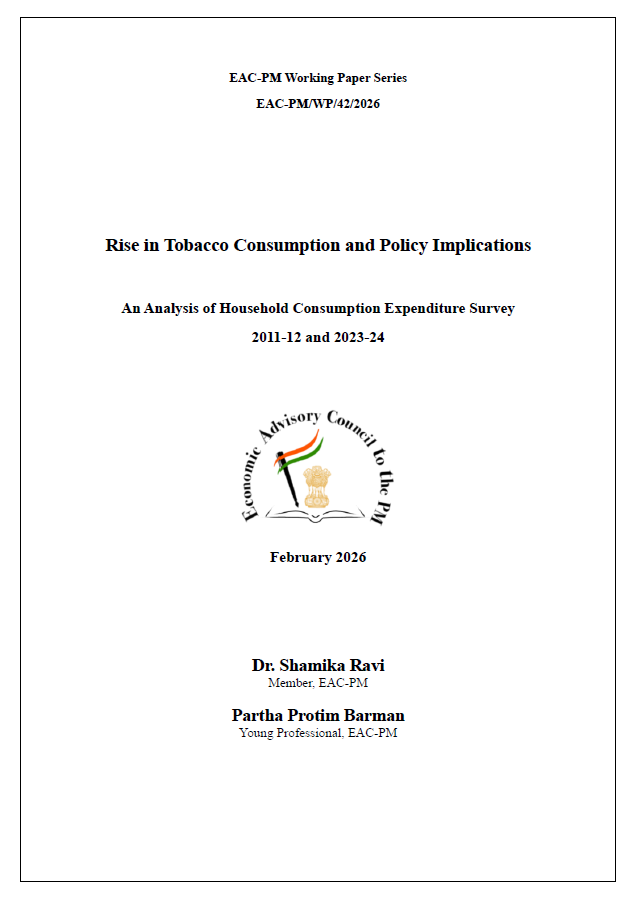
Rise in Tobacco Consumption and Policy Implications
The Household Consumption Expenditure Survey (HCES) 2023-24 delivers an uncomfortable truth India can no longer afford to ignore: tobacco consumption is rising fast, spreading wider, and embedding itself deeper into the lives of poorer households - just as the state expands publicly funded healthcare. This collision of trends is not accidental, and it carries serious implications for health outcomes, fiscal sustainability, and social policy. Adjusted for inflation, per capita spending on tobacco rose sharply between 2011-12 and 2023-24 - by 58 % in rural India and an even steeper 77 % in urban areas. Tobacco now accounts for around 1.5 % of monthly per capita consumption expenditure (MPCE) in rural areas and 1 % in urban areas. On the surface, these shares may appear modest. But the real alarm lies elsewhere: in the explosion of the number of households consuming tobacco. In rural India, tobacco-consuming households increased from 9.9 crore (59.3 % of all households) to 13.3 crore (68.6 %) - a rise of 33 % in just over a decade. Urban India tells an even more dramatic story. The number of tobacco-consuming households jumped by 59 %, from 2.8 crore (34.9 %) to 4.7 crore (45.6 %). Tobacco use is no longer confined to traditional pockets or demographics; it is becoming mainstream across rural and urban India alike.
View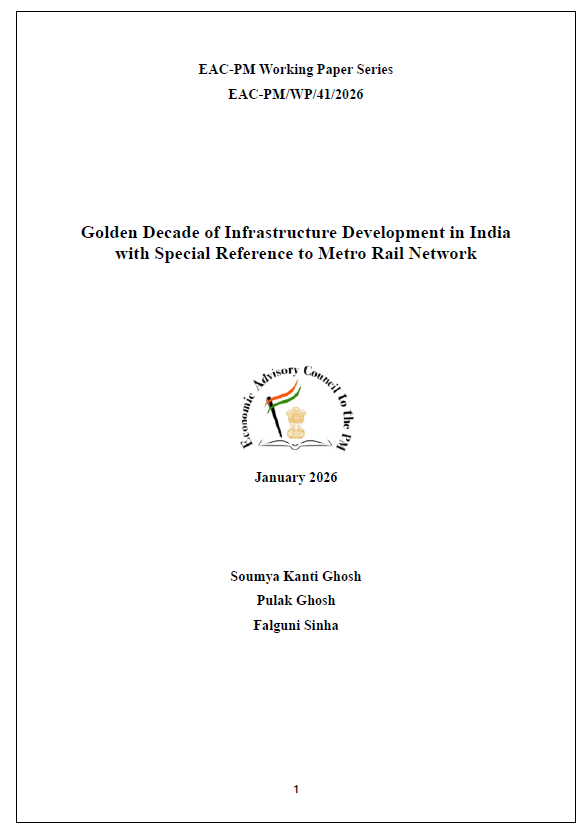
Golden Decade of Infrastructure Development in India with Special Reference to Metro Rail Network
India has witnessed unprecedented infrastructure development over the past decade. A cornerstone of this transformation is the PM GatiShakti National Master Plan (PMGS-NMP)1, launched in October 2021, which adopts an integrated, multimodal approach to infrastructure planning aimed at generating strong growth multipliers. Within this framework, high-quality mass transit systems—particularly metro rail corridors—have emerged as a critical pillar. With rapid expansion across cities, India now boasts the world’s third-largest metro network. Moving beyond the conventional focus on output and employment multipliers, this paper is among the first to examine how large-scale urban transport infrastructure affects household financial behaviour in India. Using granular home-loan–level data, we assess the impact of metro connectivity on borrower delinquency and prepayment behaviour across urban neighbourhoods. The underlying mechanism is straightforward: improved access to efficient public transport reduces households’ dependence on private vehicles, thereby lowering recurring transportation expenses. This, in turn, eases the burden of servicing EMIs—among the most significant fixed financial commitments for urban households. Our findings reveal economically meaningful improvements in household financial discipline in metro-served areas. In Hyderabad, households located in metro-connected PIN codes exhibit a 1.7% decline in delinquency incidence and a 1.8% increase in prepayment activity. The effects are even stronger in Bengaluru, where delinquency falls by 2.4% and prepayment rises by 3.5%. Evidence from Delhi points to an even larger 4.42% reduction in mortgage delinquency alongside a 1.38% increase in prepayments. Complementary vehicle registration data indicate that these gains are driven by reduced reliance on private automobiles. Beyond improved repayment behaviour, the results also suggest a broad-based reduction in household indebtedness and a decline in average debt burdens. Overall, investments in urban mobility infrastructure over the last decade —particularly metro rail expansion—have translated into stronger household liquidity management and more disciplined borrowing. These behavioural improvements form a critical foundation for household financial resilience and contribute meaningfully to broader financial stability.
View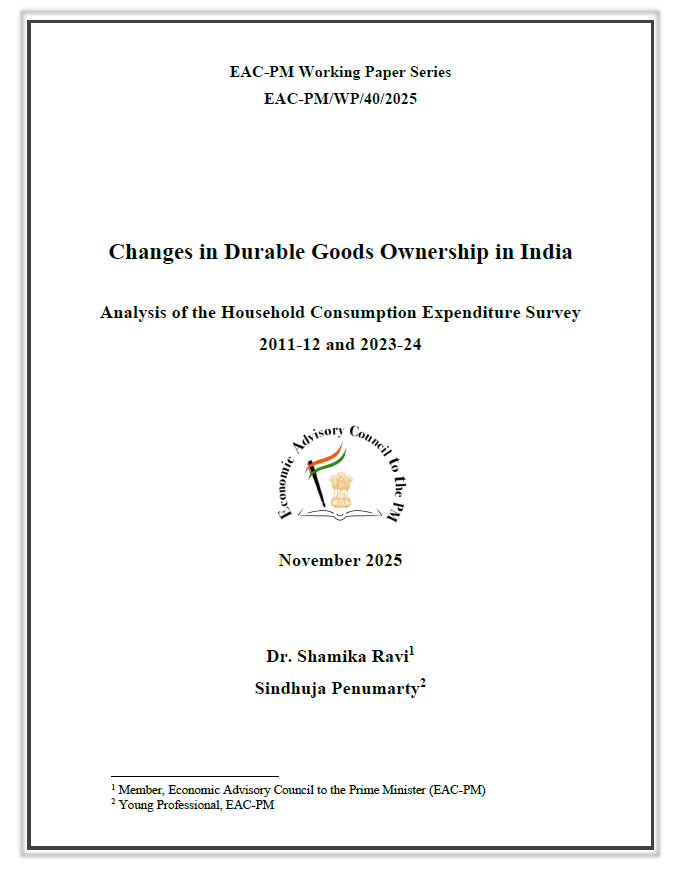
Changes in Durable Goods Ownership in India
Expenditure on durable goods (such as transport equipment and household appliances) is a useful indicator of economic well-being and living standards of households. Consumption of durable goods is also reflective of the future utility to households (and improved productivity) from the use of such goods. This study compares the Household Consumption Expenditure Survey 2023–24 with 2011–12 and finds significant advancements in spending on durables goods and ownership of key durable assets. These changes represent shifting priorities and aspirations for consumption among Indian households and improvements in quality of life. Additionally, our analysis focuses on the Bottom 40 (B40) percent of the households by consumption, which have been extensively targeted through programs of the Government of India and state governments. Studying the consumption and ownership trends of these households is an important measure of the effectiveness of welfare policies.
View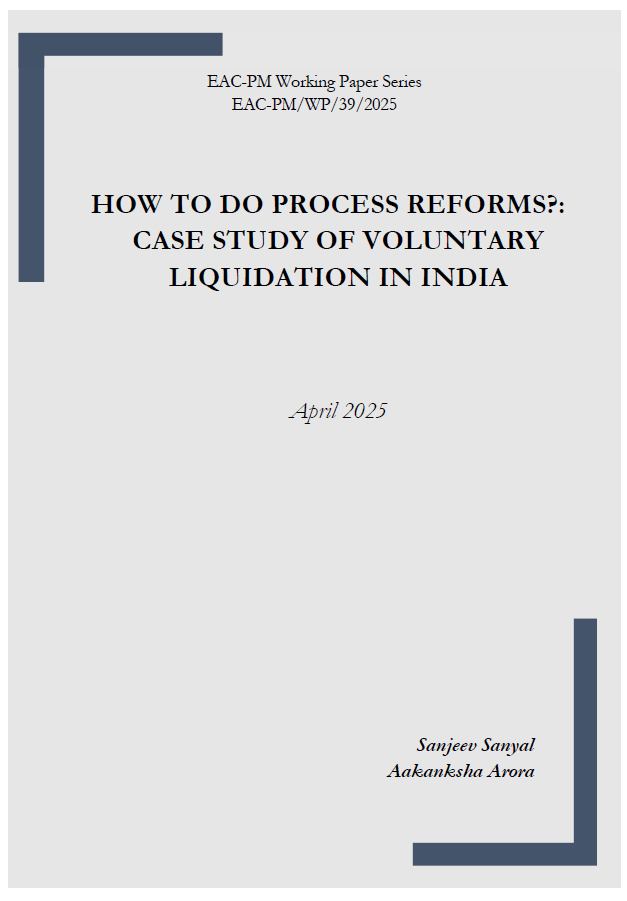
HOW TO DO PROCESS REFORMS?: CASE STUDY OF VOLUNTARY LIQUIDATION IN INDIA
Large number of process reforms have been done in recent years- including simplification of administrative processes, changes in regulations and legislations, removing obsolete laws, closure of outdated government entities and so on. Even if these changes appear small in many cases, they have led to significant efficiency gains in the overall system. In this paper, we illustrate the impact of process reforms in the area of voluntary liquidation of companies. The purpose of this paper is to provide a case study of how a problem is identified, solved and the outcome measured. The hope is that such a systematic study will lead to institutionalization of such reforms. The bulk of companies that shut down worldwide every year are voluntary, rather than due to involuntary causes such as insolvency or bankruptcy. In India, there are two main routes for voluntary liquidation. One is under Section 248 of the Companies Act, 2013 and the second is Section 59 of the Insolvency and Bankruptcy Code. For both, the process was very complicated and time-consuming until very recently as was pointed out in the Government of India’s Economic Survey 2020-21 and 2021-22. The process reforms carried out since then have completely changed the outcome.
View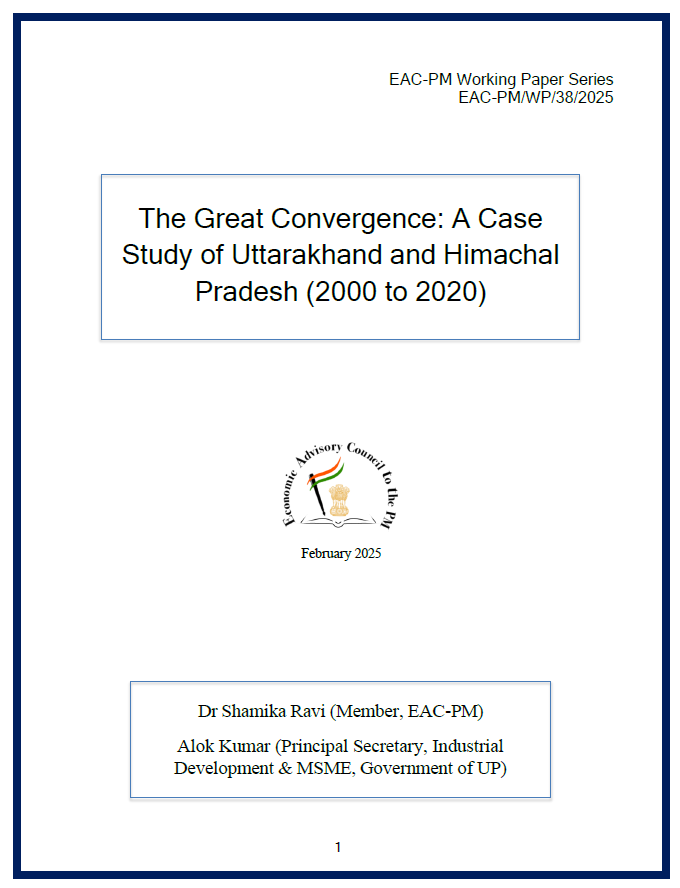
The Great Convergence: A Case Study of Uttarakhand and Himachal Pradesh (2000 to 2020)
We compare the growth and transformation of Uttarakhand (UK) economy to that of Himachal Pradesh (HP) over a period of two decades [2000-2020]. In particular, we examine the changes in the industrial sector output, particularly in view of the Concessional Industrial Package (CIP) for the Hill States announced by the central government in January 2003. What emerged subsequent to the central government’s announcement is akin to a ‘natural experiment’ given the close similarities of the two neighboring states. We study the approaches of the two states in response to the CIP which resulted in differing long-term trajectories of growth for the two neighbors. The only fundamental difference between the industrial policies of the two states was in their land policies, while all others were identical. We find that UK was able to rapidly catchup and subsequently exceed the per capita income of HP within a relatively short period of time. The state was able to better leverage the benefits of the CIP owing to a proactive and dedicated approach to town planning and land use policy which has emerged as one of the most critical impediments to industrialization and urban growth across India. We further investigate the impact of subsequent industrialization on tax revenues and spending patterns of the two states over two decades.
View

News




